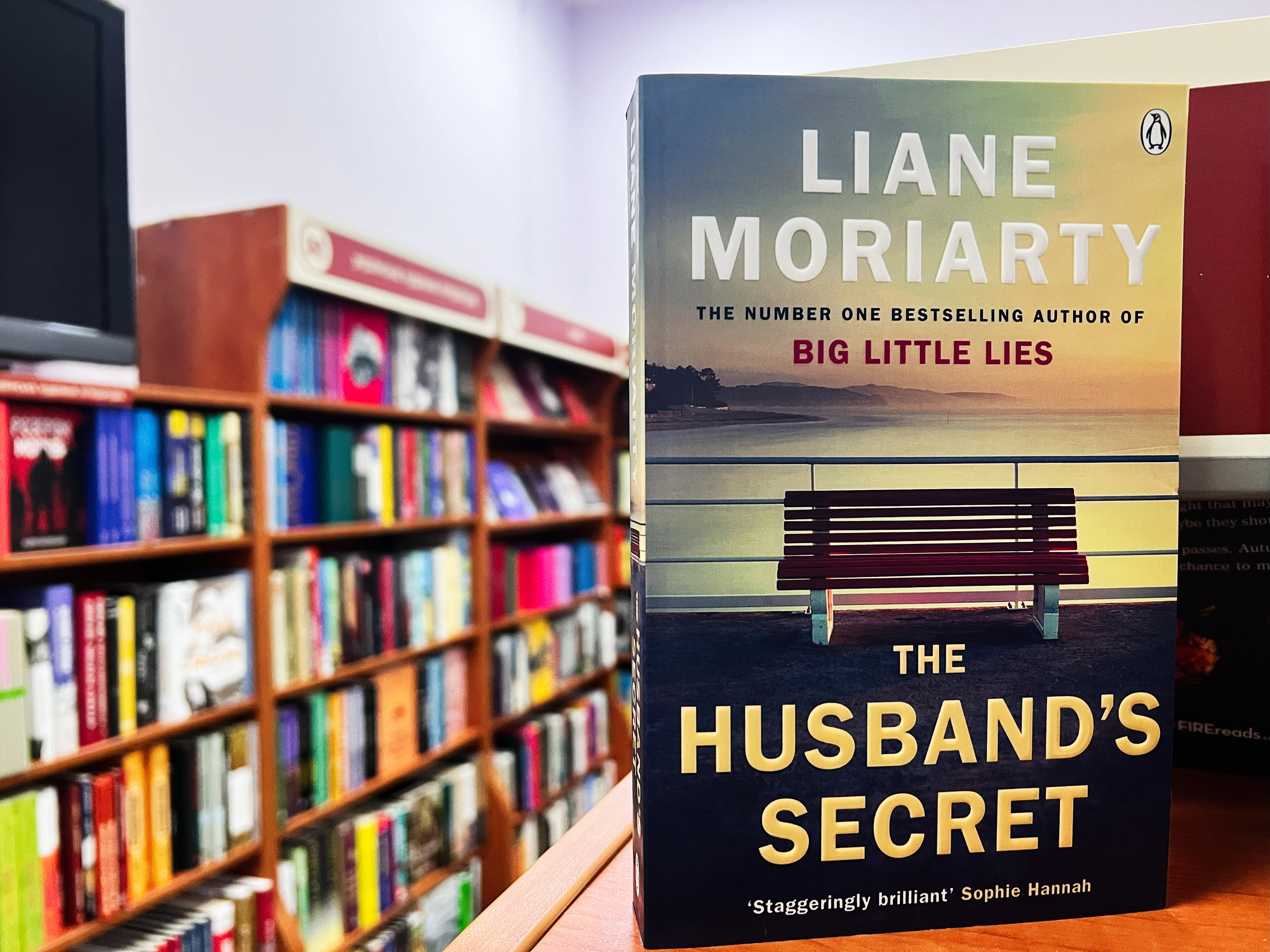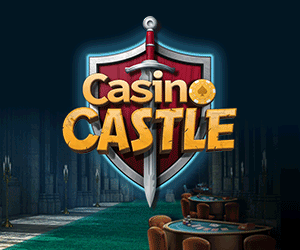How to Bet on Wolfson History Prize

In the world of literary awards, the Wolfson History Prize is a mark of true distinction. It’s not about fleeting trends or commercial hype; it’s a celebration of deep scholarship presented with the flair of a master storyteller. For over fifty years, it has been the UK’s most prestigious prize for historical writing. For the discerning reader who enjoys a strategic challenge, placing a bet on the Wolfson is an intellectual pursuit unlike any other.
Hunting Down the Betting Markets
Your first challenge will be finding a bookmaker that even offers odds on such a niche, academic award. Don’t expect to see it advertised on the front page next to the Premier League. Your search will almost certainly lead you to major UK and European betting sites, which have a tradition of offering markets on cultural events.
On these platforms, you’ll need to dig into the menus. Look for sections labeled “Specials,” “Novelty,” or “Entertainment.” The prize might be listed under a sub-category for “Awards.”
What Makes a Wolfson Winner?
To bet on the Wolfson, you have to grasp its core identity. The prize’s official mission is to reward history that is both a work of rigorous scholarship and a book that can be read and enjoyed by the general public. This dual requirement is everything.
This means a dry, jargon-filled academic monograph, no matter how brilliant, will not win. The judges are looking for a book that has something important to say and says it beautifully. They want a book that can sit just as comfortably on the nightstand of an interested amateur as it can on the shelf of a university professor. The winner must be readable, engaging, and compelling. When you’re evaluating the contenders, this principle of accessibility should be your guiding light.
Sizing Up the Six Finalists
The race truly begins when the shortlist of six books is announced in the spring. This is your field of play. Each book needs to be weighed not just on its own merits, but on how well it fits the Wolfson’s specific criteria.
Start by looking at the subject matter. The prize has a history of rewarding a huge range of topics, from sweeping biographies of major figures to microhistories that illuminate a whole world through a single event or person. Don’t dismiss a book just because its topic seems obscure. Sometimes, a beautifully told story about something completely unexpected is exactly what captures the judges’ imagination.
Next, consider the author. Are they a well-known public historian, a familiar face from television documentaries? Or are they a university-based academic whose work is highly respected by their peers? The Wolfson has a soft spot for both. A famous historian might have the advantage of a proven track record in writing for a general audience, but a lesser-known academic who has produced a stunningly written, groundbreaking work is also a classic Wolfson winner profile.
Finally, try to gauge the book’s reception. You likely won’t have time to read all six, so reviews are your best resource. Pay close attention to how critics in major publications like The Guardian, The Times, and the London Review of Books describe the writing. If they use words like “gripping,” “vivid,” “elegant,” or “a page-turner,” you know the book has nailed the readability brief.
Getting Inside the Judges’ Heads
The Wolfson Prize is decided by a small panel of four professional historians. Their collective judgment is the single most important variable in the entire contest. Researching the panel for the current year is not just a good idea, it’s essential.
Find out who they are. What are their areas of expertise? A panel with several medievalists might look more favorably on a book about the Middle Ages. If the chair of the panel is a renowned expert in 20th-century political history, a book on that topic might have an implicit advantage. Look at their own published works. The kinds of history they choose to write themselves can tell you a lot about what they value as historians. They are looking for a book that they, as experts, respect, but that they could also confidently recommend to a non-historian friend.
From Research to a Calculated Risk
When you’ve done your homework, it’s time to look at the odds with a fresh, informed perspective. The book with the shortest odds is often the one with the most media buzz or the most famous author. It might be the favorite, but it isn’t always the best value.
The art of this kind of betting is finding where the odds don’t seem to align with your research. Imagine the favorite is a well-publicized book on World War II, priced at +250. But you’ve found a book on the history of science on the shortlist at +1000. Your research shows that two of the four judges have previously written about the intersection of science and society. Suddenly, that +1000 longshot looks like a very interesting proposition. That is a value bet, and it’s the kind of play that turns deep historical knowledge into a winning wager.
Win or lose, the process itself will leave you with a richer understanding of the incredible stories that history has to tell.







